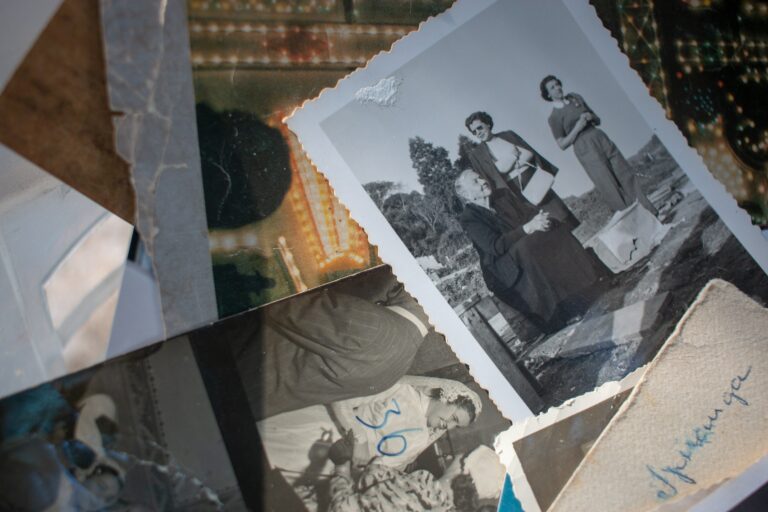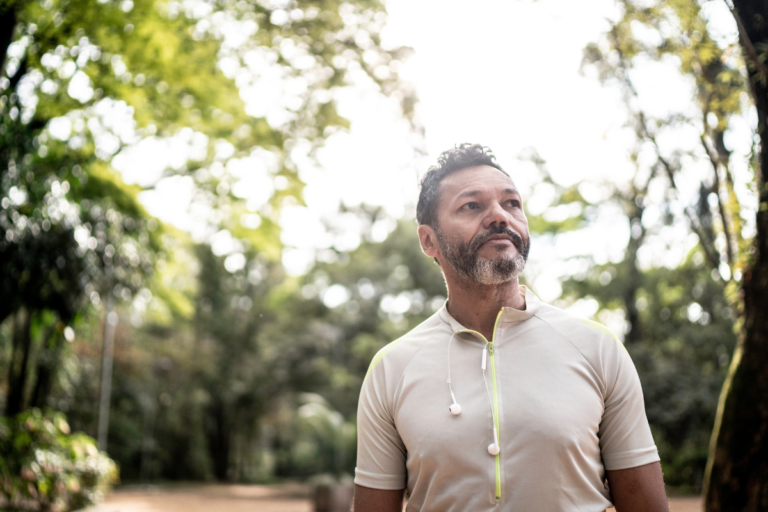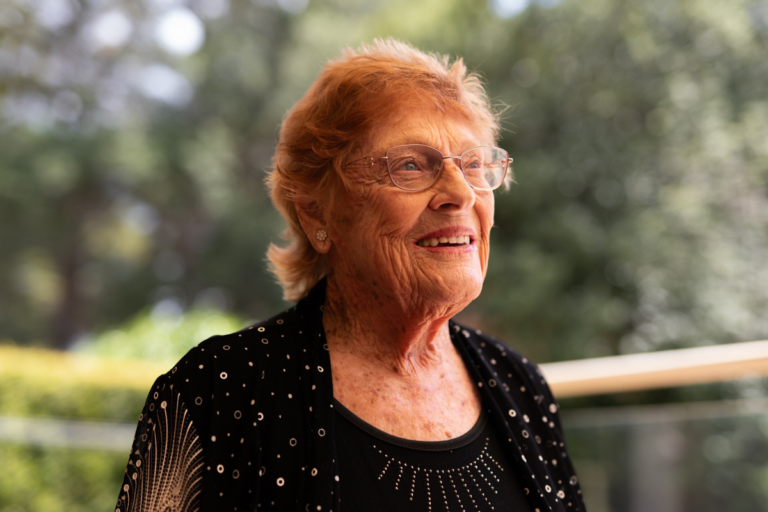Donna Germon is many things. She is a mother. She is a former schoolteacher. She is a passionate advocate for the community. She believes that life is a gift.
She is also a Forgotten Australian.
For almost three decades, Donna has campaigned to create awareness for people, who as children, were placed outside the care of their parents, often in children’s homes, orphanages or foster homes before 1990. From 2009, they would be referred to as Forgotten Australians.
While every person had their own unique experience, many suffered emotional, physical and/or sexual abuse, neglect, and a lack of loving care and affection, resulting in lifelong trauma and struggles with identity and belonging.
Importantly, they are not defined by their childhood experiences, and as Donna’s story shows – they are the very embodiment of hope, courage, and a refusal to give up.
Starting her own support and advocacy group
Through her own lived experience as a Forgotten Australian, Donna has helped connect many individuals with similar childhoods via THE OPEN DOOR ™ network.
Donna founded the group in 1998 to draw attention to the ongoing emotional toll impacting Forgotten Australians.
“I went out needing to raise awareness and education about immense challenges, which I believed were presenting in later adult life,” she says.
The emotional scars from their childhood often led to disconnection and subsequent isolation, a lack of protection, heightened vulnerability, struggles with relationships, and mental health issues, which undermined most aspects of their everyday lives.
Beginning in Manly, Donna put up posters looking for people who had grown up out of parental care. They quickly “came out of the woodwork” and began meeting regularly around Sydney and surrounding areas. Today, many years later, they’re still going strong.
“We’re really focused on being inclusive,” Donna emphasises. “We have always welcomed anyone who might like to join, and it’s become a family in many ways. Some have been coming for well over two decades.”
“We share so openly; the beautiful part is the extent to which people have been so welcoming, respectful, understanding, caring, and of course, how we enjoy ourselves!”
Influencing community and government change
Beyond providing a critical social connection for group members, THE OPEN DOOR ™ has played a pivotal role in advocating for Forgotten Australians.
Donna recalls how she and fellow group members convened public seminars, wrote to and met with local politicians, and even made their way to Canberra to lobby in Parliament House.
Thanks to their collective work, governments produced several reports regarding Forgotten Australians, which recommended formal apologies and the establishment of specialist support services, like ours at Wattle Place.
“The formal acknowledgement was a way of saying sorry for the neglect, the injustice, the struggle, the broken heartedness, the loneliness, the pain, the fear – not just in childhood, but with lifetime ramifications.”
“Despite all the hell and high water, nearly every Forgotten Australian I’ve ever known demonstrates amazing resilience. The price for resilience, though, has been too great – much too great.”
While THE OPEN DOOR ™ has made great strides through their advocacy, she says their work is not done. Many of the group members share strong social consciences, and Donna is particularly concerned for children in the current foster care system.
“We’re not always focusing on us – we’re focusing on the broader contemporary issues,” she says.
“My worry is for children in the foster care model, particularly those who are separated from or have no siblings. I want to play an active role in how this group can be educated about some of the biggest threats they will face when they are no longer in formal care.”
Support from Wattle Place
Since its establishment in 2010, Wattle Place has been a steadfast ally, offering tailored support to Forgotten Australians.
Wattle Place’s team, including counsellors like Matt, David, and her current support worker, Sharon, have played an important role in helping Donna process what’s happened.
“I am immensely grateful for being able to talk to them about the challenges that I deal with,” she says.
In addition to one-on-one counselling, Donna has also attended events organised by Wattle Place, including social gatherings and annual Apology meet-ups. These gatherings have been crucial in building a sense of community and support among Forgotten Australians, helping people like Donna to reconnect and feel less isolated.
Her final message is to anyone reading this article, who might have experienced a similar childhood to her.
“If someone could look into my eyes and I could tell that person one thing – I would say how valuable you are as a human being – please see me as your friend.”
Donna Germon is the founder of THE OPEN DOOR ™, which meets on the first week of the month around Sydney and surrounds. If you would like to learn more, we encourage you to get in touch with Wattle Place: wattleplace@ransw.org.au
Note: Donna’s image has not been used.
Wattle Place offers inclusive support to people who have experienced institutional, foster care, or out-of-home care as children, through our Forgotten Australian Support Service. This service provides counselling, assistance with family tracing, accessing records, and ongoing casework.
Related Services & Workshops

Tailored Services.Individuals.Trauma.Aboriginal + Torres Strait Islanders
Wattle Place
Wattle Place offers inclusive support for adults who experienced institutional or foster care as children, were impacted by forced adoption practices, or experienced institutional child sexual abuse. Our services provide assistance personalised to your individual needs and experiences.

Tailored Services.Individuals.Trauma.Aboriginal + Torres Strait Islanders
Forgotten Australians Support Service
A free service for people 26 or over, who were in out-of-home care in NSW. Funded by the NSW Department of Communities and Justice, and delivered by Relationships Australia NSW’s Wattle Place centre.






